At our in-house research facilities, we annually welcome nearly 5,000 visitors and conduct more than 70 global R&D studies on topics including new molecules, modes of action, ingredient properties and animal metabolism. Our research facilities and global validation farm network cover the globe, providing us with valuable opportunities to conduct studies in varied environmental conditions. All research meet the highest standards of animal welfare regulations.
Highlights of our latest work include:
- Unique electronic feeding and water stations enabling us to individually monitor the feeding behaviour of animals in group-housed facilities.
- Metabolic, health-related, physiological and digestibility research at specially designated facilities.
- Well-controlled commercial validation farms to compare our products, programmes and services to the regional market standard.
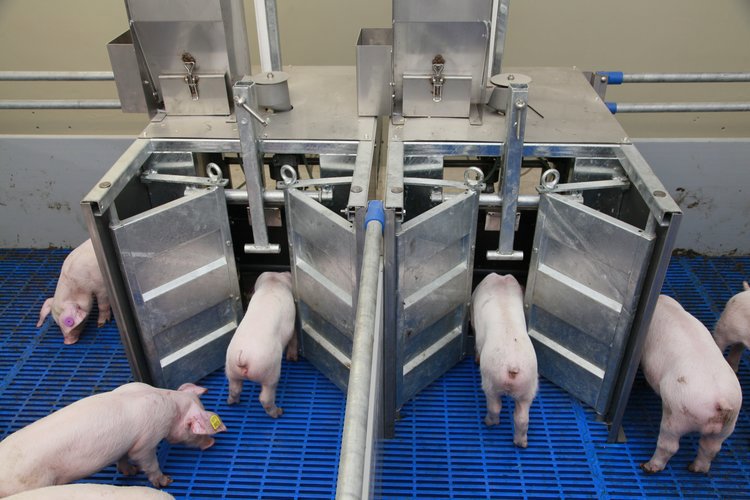
Swine Research Centre, the Netherlands
The Swine Research Centre’s team of international scientists and skilled animal husbandry managers conducts detailed nutritional research studies focused on improved feed efficiency, piglet nutrition and health, and sow performance and health. The facility’s unique electronic feeding and water stations and video surveillance make it possible to individually monitor the feeding behaviour of all categories of pigs, even when group housed. Individual water and feed intake characteristics are studied. Additionally, a unit for health-related, physiological and digestibility studies allows researchers to simulate most field conditions occurring on farms all over the globe.
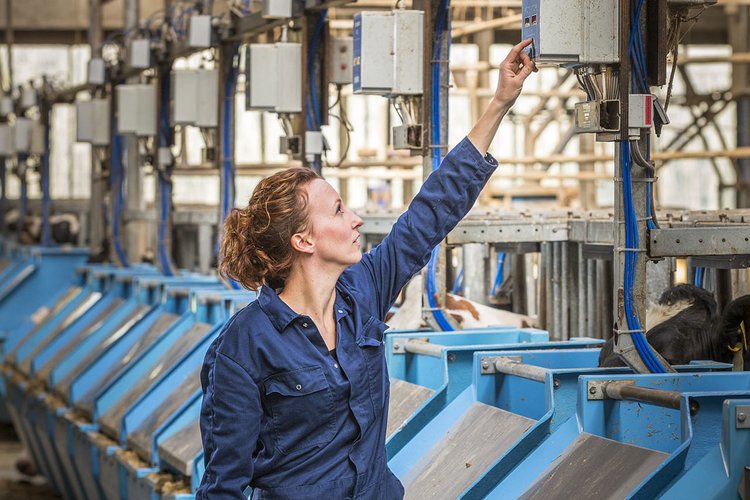
Ruminant Research Centre, the Netherlands
The Ruminant Research Centre’s international team of scientists explore dairy, beef and calf nutrition through research focused on developing innovative products and concepts and by quantifying processes for our nutritional models. Feed intake, milk yields, nutritional physiology and health are studied at our experimental dairy farm. The group's second farm is used to study growing ruminants, beef and dairy calves. There, milk feeding, weaning and growth trials are carried out, exploring growth, feed efficiency, and importantly, animal development and health. In vitro and in situ models complete the range of experimental possibilities. All our efforts aim to further develop economically and environmentally sustainable dairy and beef production.
Read more on our Dairy facility Read more on our Calf and Beef facility

Poultry Research Centre, Spain
The Poultry Research Centre’s expert team studies efficient and sustainable feed utilisation, production performance, and health and welfare of poultry and rabbits at a spacious facility located in Spain. The large centre houses broilers, broiler breeders, laying hens and rabbits. A special unit designed for physiological and digestion studies provides facilities to optimise nutrition for animals in different housing systems. An on-site research feed plant supplies all feed needed, supported by a research laboratory for any required nutritional analyses.
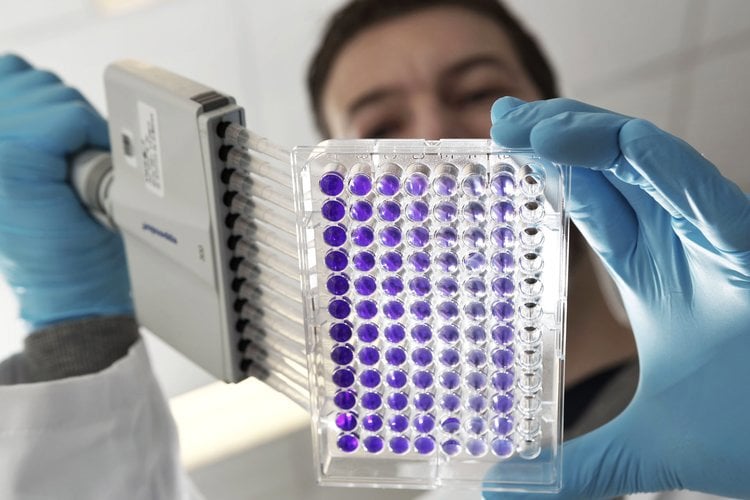
Innovation Lab, the Netherlands
Researchers at the Innovation Lab evaluate the nutritional and functional content of newly identified ingredients that may contribute to sustainable production, animal health and product quality. The research team also collaborates with the species-specific research teams to develop synergies and generate new ideas for our innovation process. The well-equipped Trouw Nutrition research laboratory is available to all research teams, and planned to handle Q-PCR studies, molecular biology, microbiology, immunology and in vitro assays and digestion models.
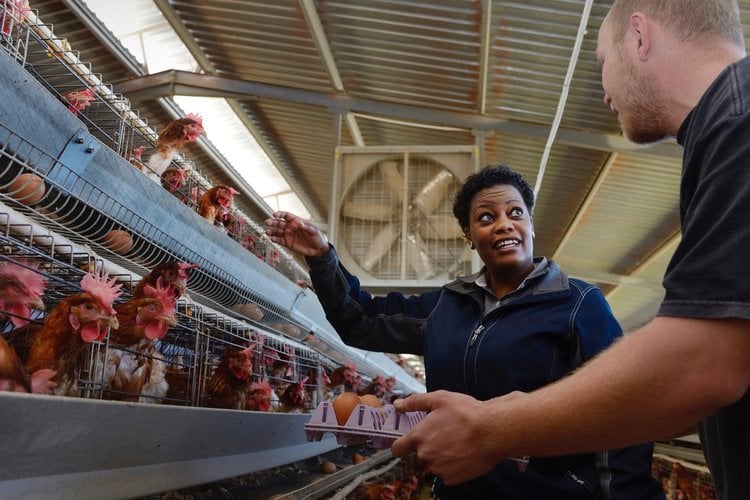
Validation Farms, worldwide
The R&D team extends their research support network with commercial validation farms at multiple locations worldwide. Designed to test and apply scientific knowledge to on-farm practices, each facility represents the designated region and is adapted to conduct controlled research trials. This approach ensures practical implementation, reduces trial costs and supports local Trouw Nutrition businesses.
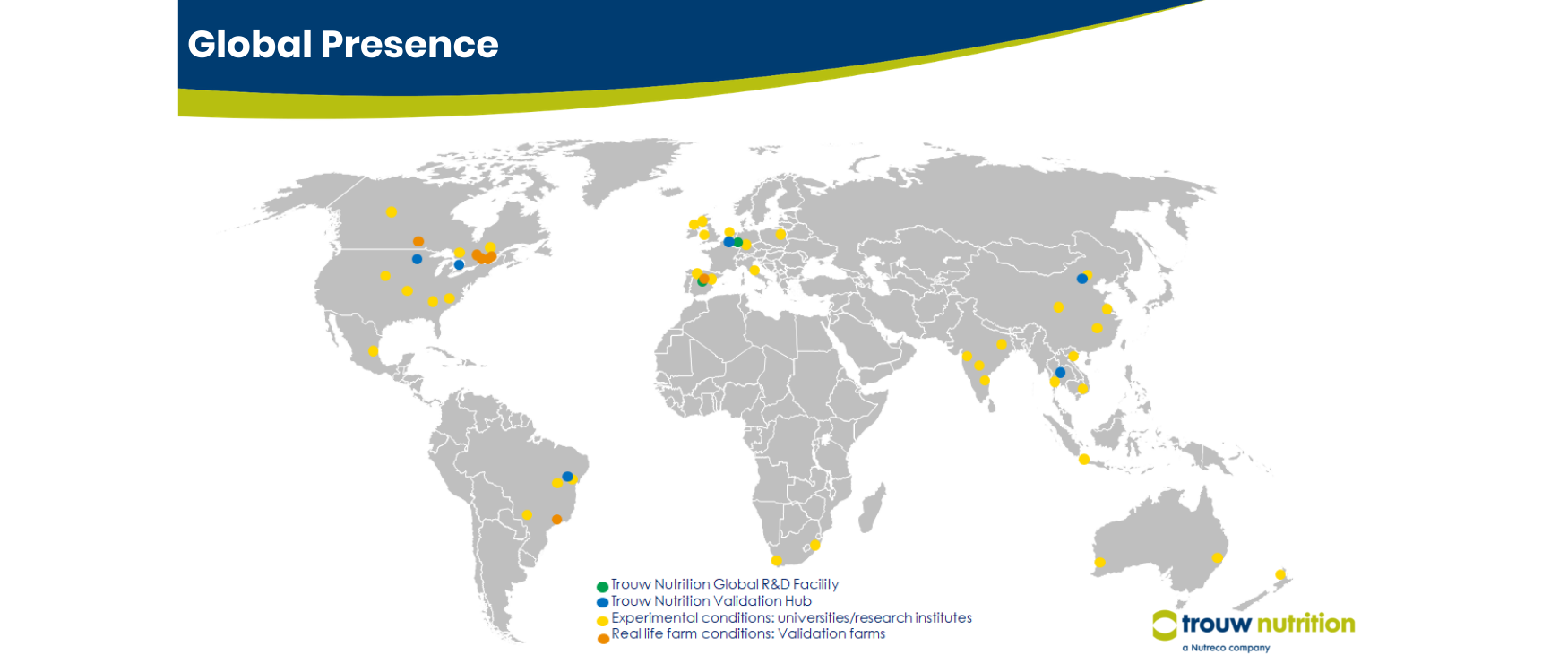
The emerging potential of data collection, integration and analytics opens up enormous opportunities to develop machine learning models that predict, forecast and optimise animal and economic responses.
